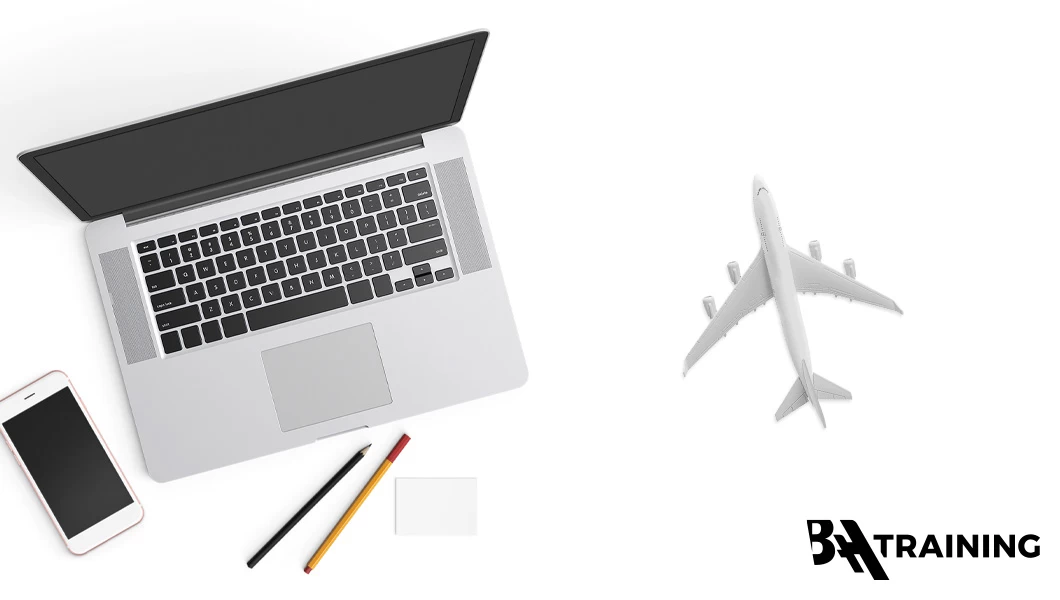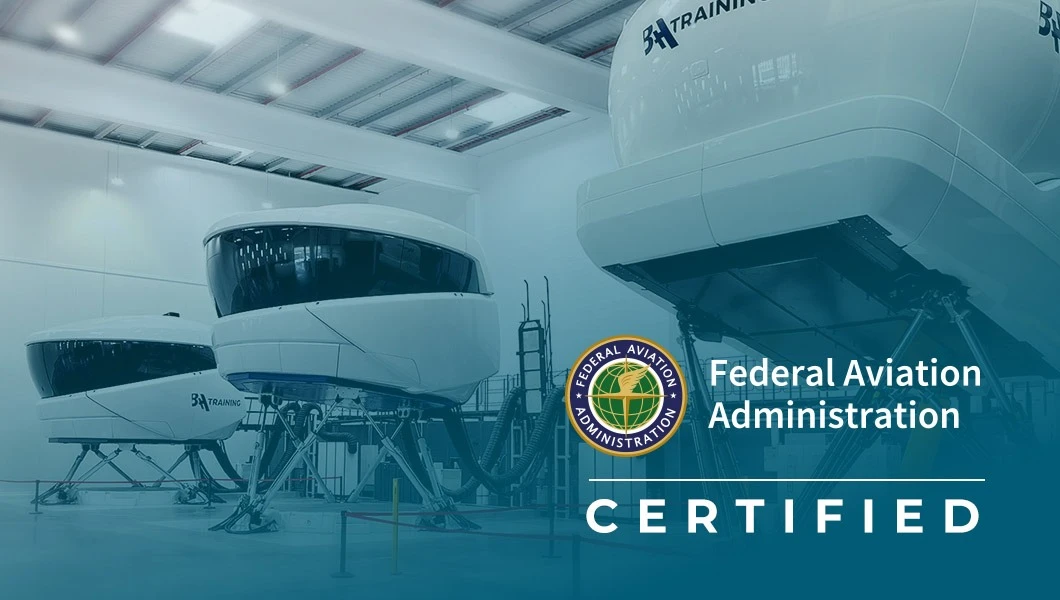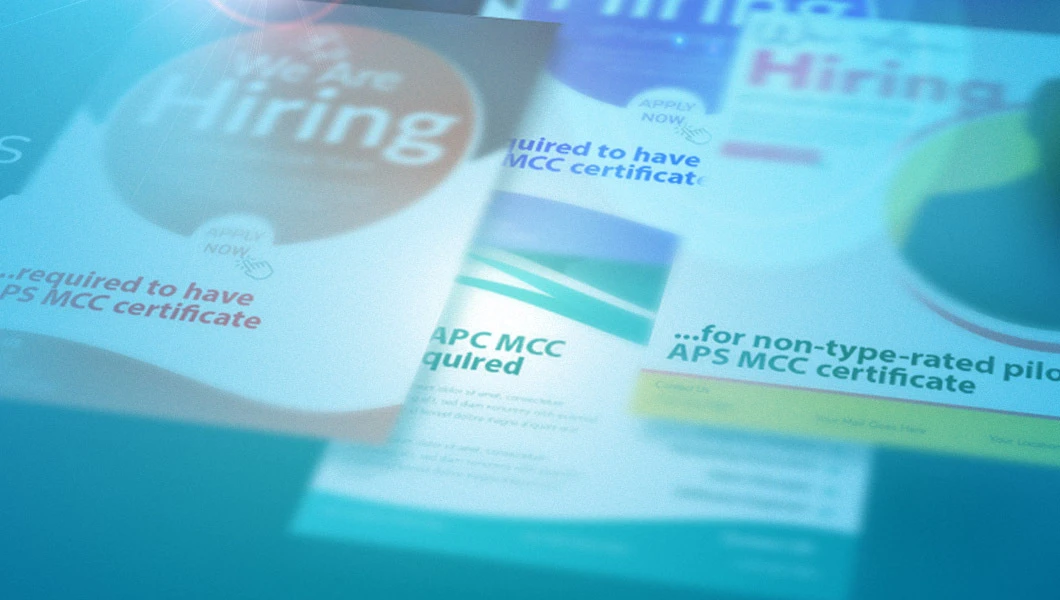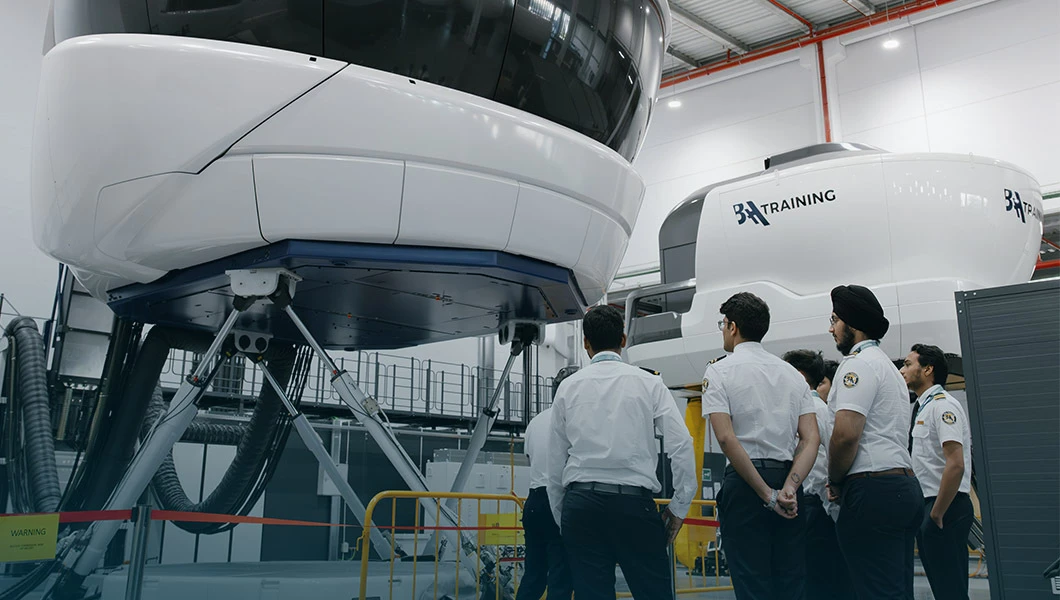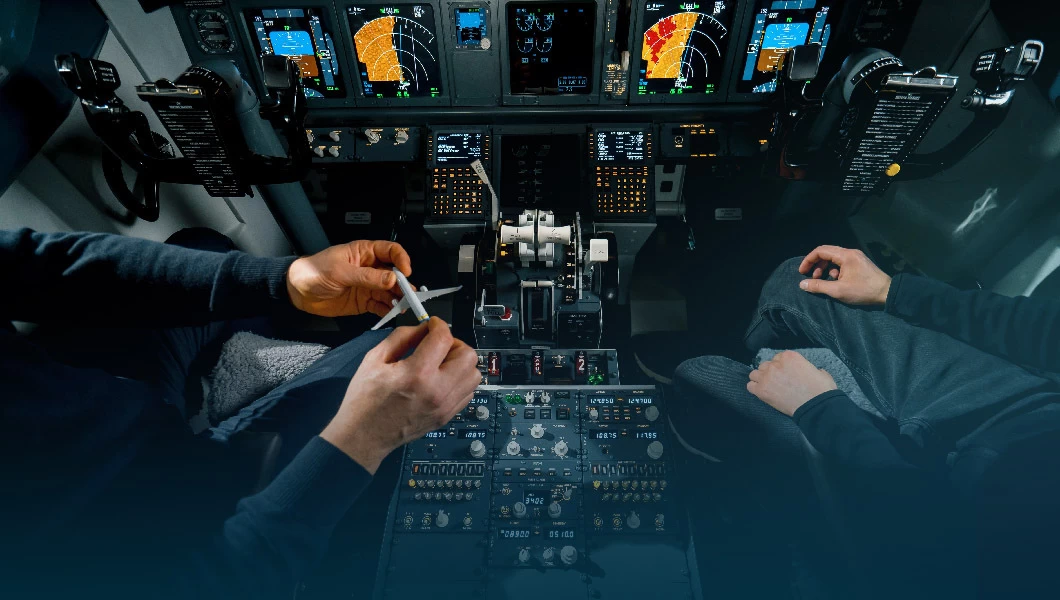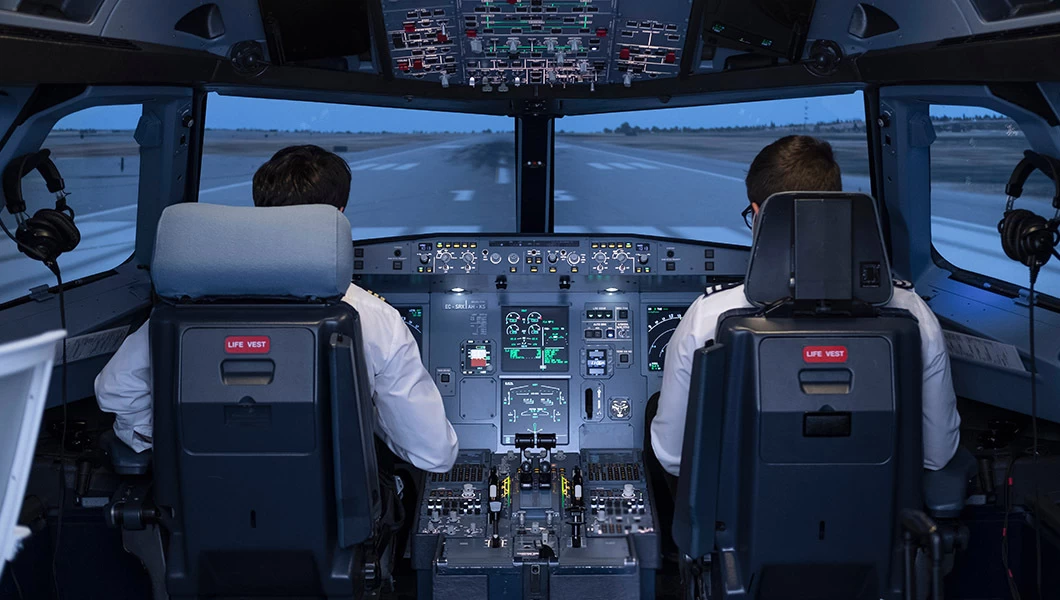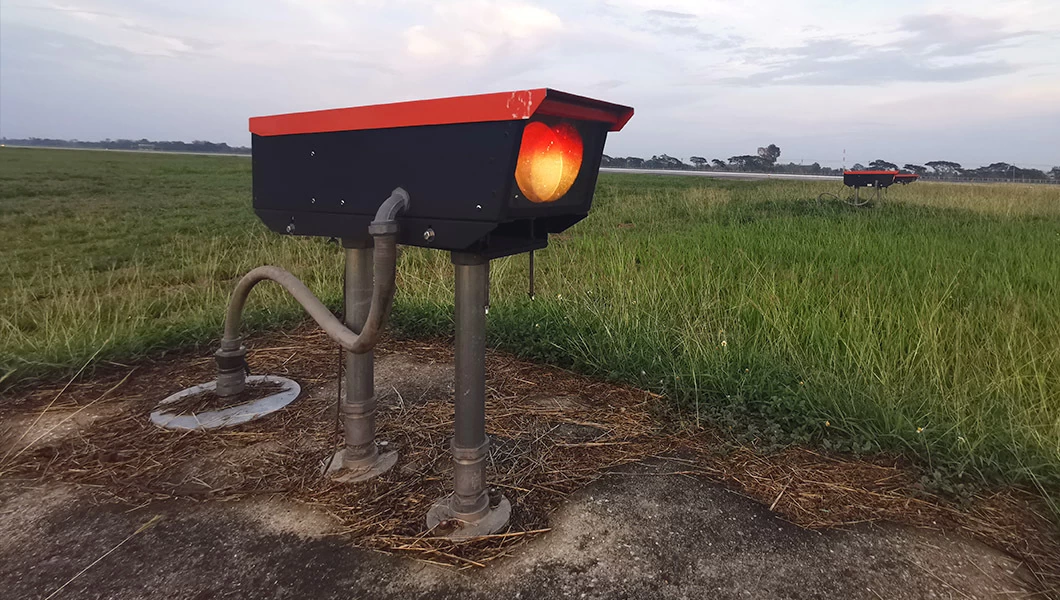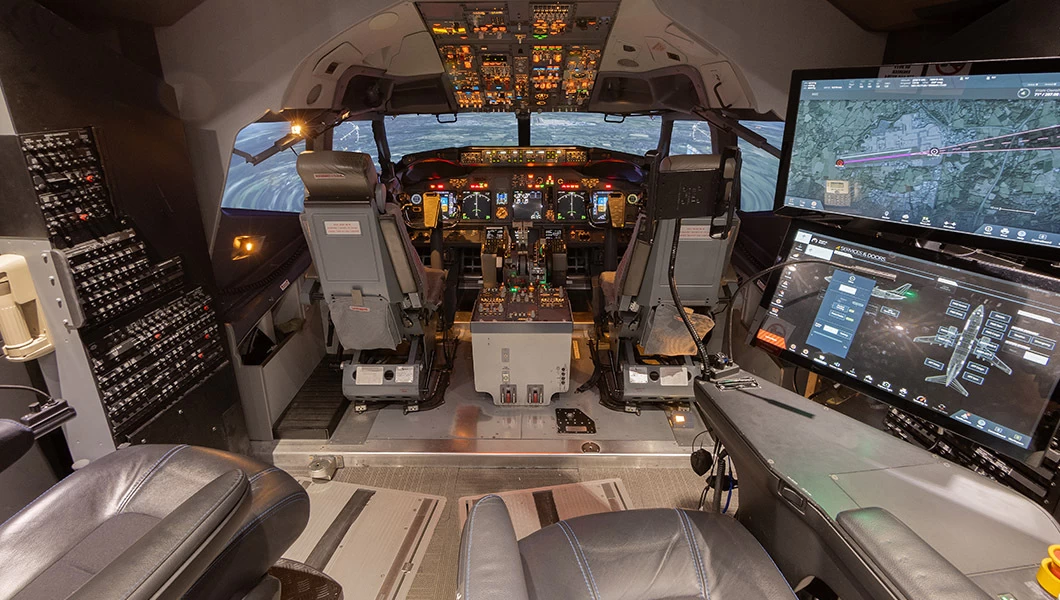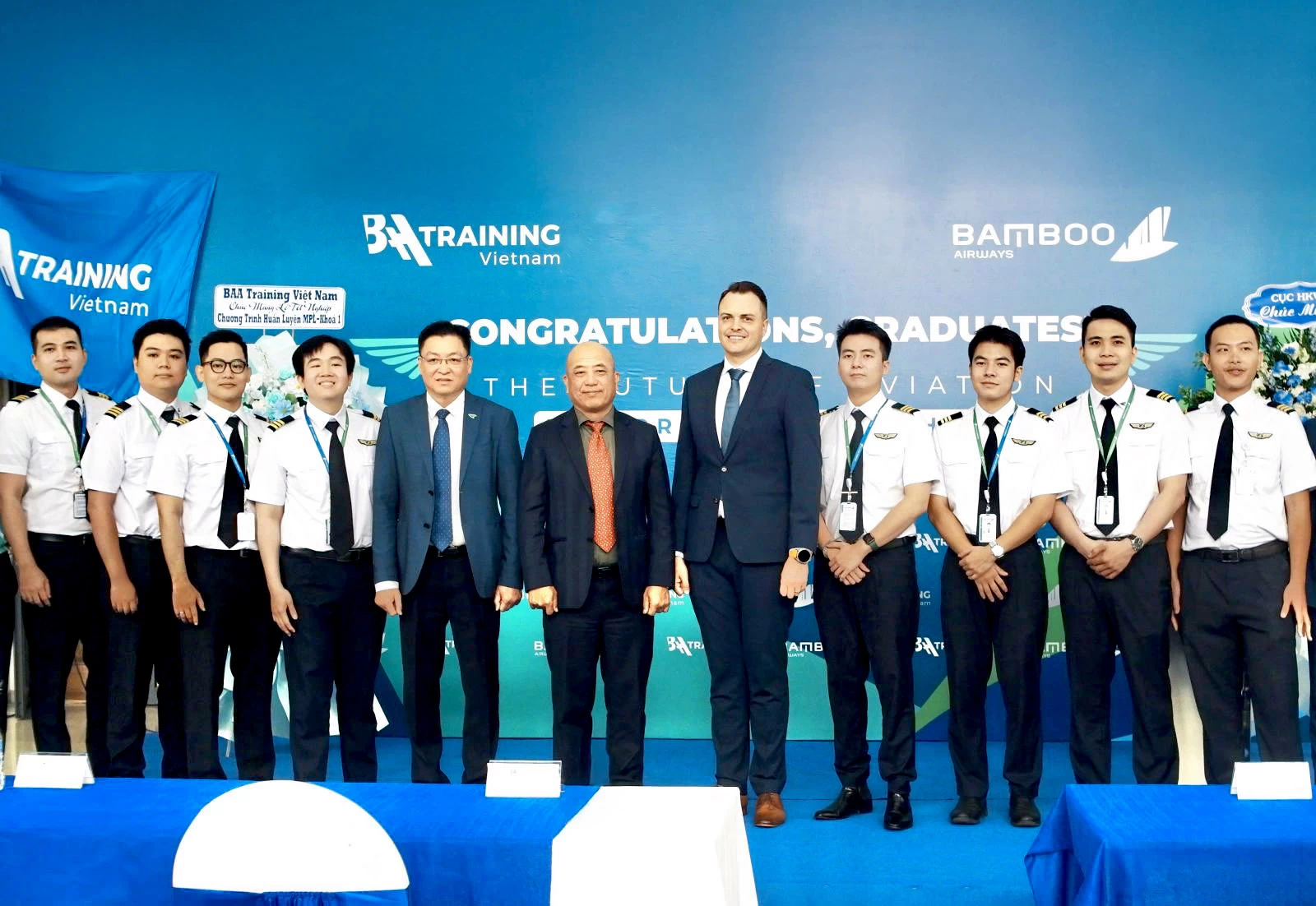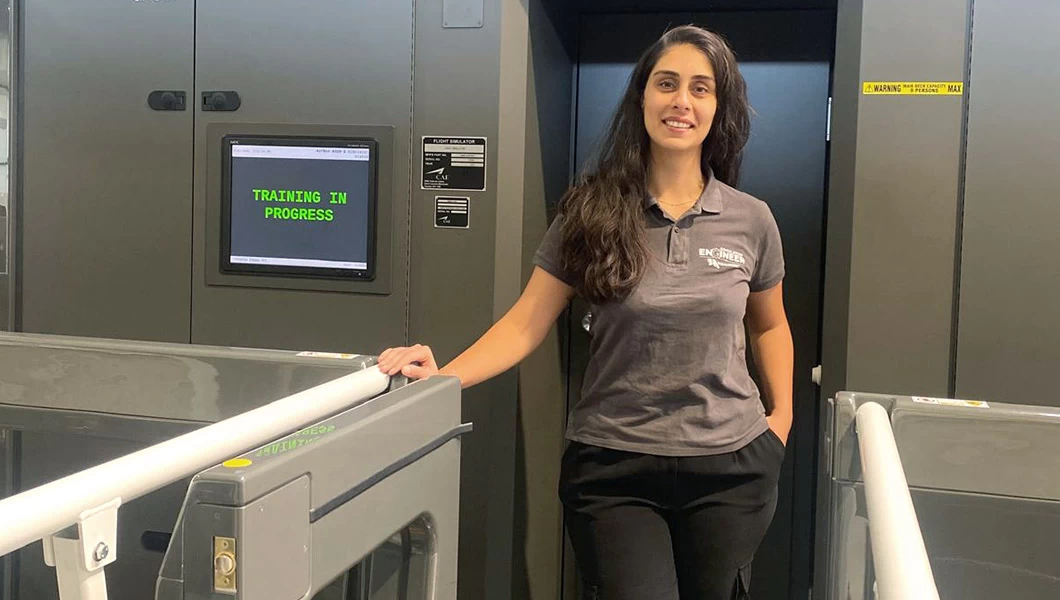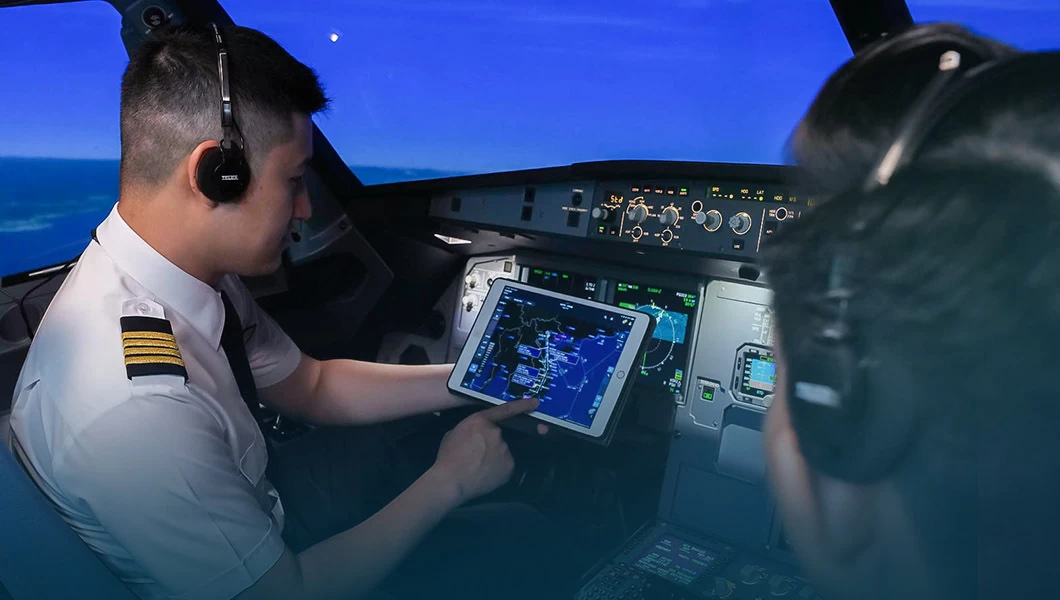But first, let’s highlight a crucial point: no program at BAA Training begins without successfully passing the assessment. This process is vital as it ensures that candidates possess the necessary cognitive abilities, competencies, motivation, and aim-oriented mindset required to become a pilot.
Meticulously developed, this procedure considers airline needs and incorporates extensive industry expertise. While the assessment steps might vary slightly based on the training course, the core structure remains consistent across programs, as outlined below.
Assessment structure
The candidates are “good to go” with the assessment once they have submitted scanned copies of certain personal documents.
The evaluation consists of three primary sections (detailed further in the next paragraph) completed in one sitting. It lasts up to 4.5 hours and is administered through the Aviation Suite, a component of the Aon Solutions online testing system. This specialized suite is tailored to streamline the aviation industry’s selection process.
In 2017 Aon acquired cut-e, and since then there has been a gradual change to cut-e assessments being marketed under the main brand name Aon. So if you ever see Aon assessments and cute assessment (or cut e assessment/cut e test) and wonder what the different is, there isn’t any—they’re the same company. You are more likely to see their assessments being described as cut-e assessments due to the familiarity consumers have with this brand name.
The last milestone for aspiring pilots is to pass an approximately 1-hour individual interview led by an assessment specialist with the requisite psychological education and experience in aviation. Both the Aon assessment and the interview are scheduled online.
Taking AON assessment (known as cut e assessment)
Aon’s innovative online measurement instruments provide a strong basis for the selection. Precisely Aon aptitude tests are short, meaningful, and user-friendly and measure the abilities, skills, behaviors, and competencies essential for a pilot. It allows a training provider to quickly and accurately recognize the applicants’ potential to become successful pilots in the future.
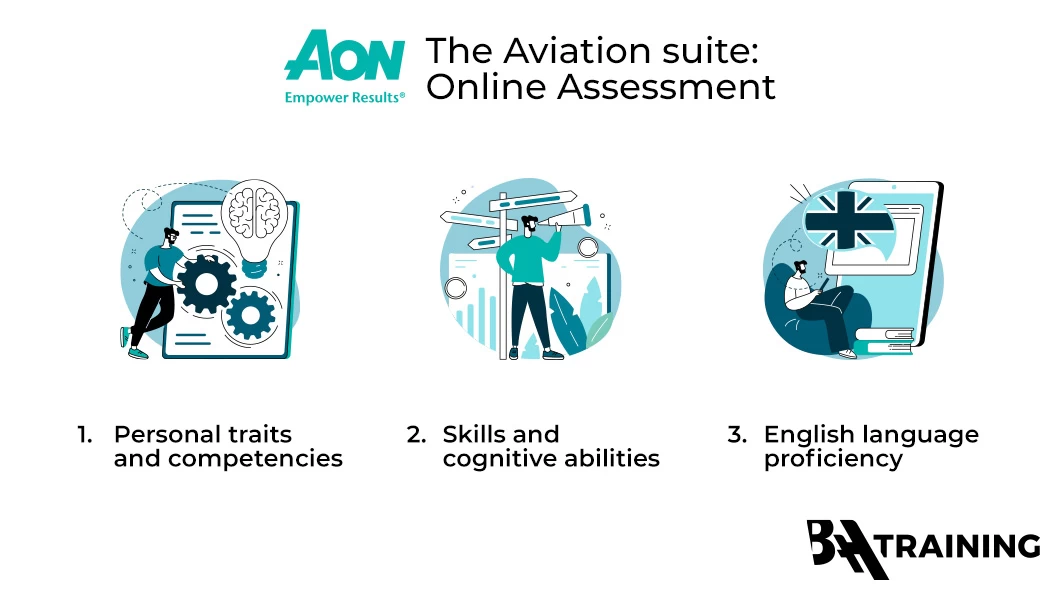
1. Personal traits and competencies
In the first part, you only have to provide honest and sincere answers to the personality questionnaires that seek to reveal your traits and competencies. You do not need to study or prepare for this assessment part.
2. Cognitive abilities and skills
The second part is oriented towards evaluating a candidate’s skills and cognitive abilities and examines your readiness for taking and succeeding in pilot training. Therefore, it is highly recommended and makes much sense to prepare for it. You will have to complete the following practice tests, each with a strict time limit:
– Complex control
– Spatial Orientation
– Monitoring ability
– Response speed
– Applied numeracy
– Non-verbal logical reasoning
– Multitasking
Similar ARTICLES
– Mechanical reasoning
During this test, you aim to demonstrate the aforementioned cognitive abilities.
Let us illustrate with an example of a mechanical reasoning question. You might be given an abstract on machinery operation and a statement. Then, you will be asked to determine whether the statement is true or false based on the information you’ve read.
Now, consider another example, this time concerning multitasking testing. In this scenario, you are required to effectively solve multiple basic tasks simultaneously. For instance, you may need to swiftly maneuver the plane on the left to a specified point while simultaneously evaluating the accuracy of statements on the right.
Please note that we randomly chose a few example exercises for this article, and they do not necessarily represent the most difficult, standard, or critical questions on an actual test.
Your PILOT CAREER
starts with a first click
3. English level proficiency
The last piece in the Aviation Suite is the English language proficiency test, which helps determine your English level. Be ready for listening and grammar exercises.
Interview and personal motivations
As you already know, an individual interview will be another chance for applicants to demonstrate their ambitions, personal motivations, and level of spoken English.
However, before you talk with an assessor, ask yourself whether you are truly ready to invest time, effort, and money to pursue a pilot career and have a good understanding of this profession and how demanding it is.
If your answer is a confident “yes,” stay calm, prepare as much as possible, and pass the assessment – you will thank yourself later!
How to prepare for the online assessment
As you already more or less know the tasks awaiting you, you can start “doing your homework.”
Revising your high school math makes sense, especially if you graduated a while ago. To train and improve your spatial control and complex orientation skills, try flight simulation games or do sports, particularly those involving ball games that demand adept monitoring skills due to rapidly changing situations. Use applications designed to improve your IQ, brain-training exercises, or similar to prepare for non-verbal logical reasoning tasks.
Additionally, we recommend seeking out and completing online tests for specific subsections you feel need improvement. Look through online testing products and aptitude testing packs on the Internet and research articles, blogs, and credible resources related to the topic for further valuable insights.
Common mistakes you should avoid
Last but not least, watch out for these common slip-ups to ensure a smoother ride toward your pilot dreams:
- Trying to answer as expected from “a good” pilot. The best way to show yourself from the best side is to stay honest and sincere.
- Not preparing for the assessment. Definitely not a good idea—good preparation is a game-changer.
- Not preparing for all the parts of the assessments. Remember that not only math and physics are evaluated.
- Preparing only for “good enough”. Strive for the best possible result!
- Not taking enough rest before the assessment. Believe it or not, it’s more important than it sounds.
- Not choosing a wise time for the assessment. Don’t combine it with other important events in your life—graduation exams, projects at work, etc.
- Not being attentive to basic instructions. Following the detailed instructions carefully is essential to achieving successful outcomes.
- Not choosing the right place for the assessment. Pick a place where nothing hinders your ability to concentrate during the online assessment.
- Trying to cheat. It can lead to disqualification from the test.
So, getting ready for the online assessment involves diving into various areas and being all set on different fronts. You need to understand well what the assessment covers—personality traits, cognitive skills, and English proficiency. Preparing means revising various subject areas, brushing up on skills like logical reasoning, multitasking, etc., and getting comfortable with aircraft instruments. Also, don’t underestimate the impact of rest just before the assessment.
But the most important is to stay true to yourself and be ready to move mountains on the path to your aspirations with all confidence!
